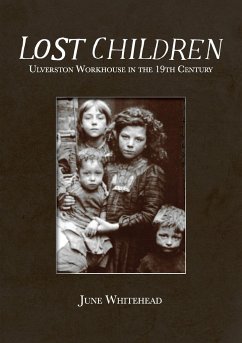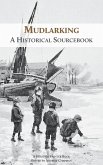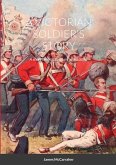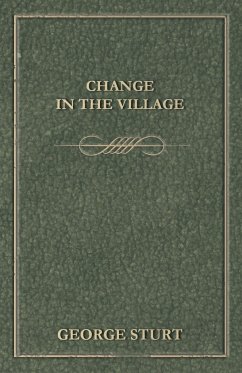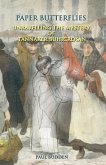Possibly because of Dickens's famous portrayal of Oliver Twist, the popular perception of the Victorian workhouse is of a grim and uncaring institution in which little compassion was shown for the large numbers of young, blameless unfortunates who found themselves within its walls. June Whitehead's evocative study of children's experiences in Ulverston is an attempt to unravel the truth behind this image. Through it, we gain vivid insights into the lives of the children involved and the attitudes of those who were responsible for ensuring that they had as good a start in life as possible. She paints a moving picture of a local authority struggling to deal humanely with large numbers of local children who had no one else to care for them. As well as caring for them in the workhouse itself, they placed them in orphanages and training schools elsewhere in the North West, found them jobs in local industries such as bobbin making, and even considered emigration to provide them with a new life. Although the solutions adopted were very different from those we see today, the issues which the authorities faced are very much recognisable today. This is a fascinating insight, not just into a forgotten aspect of Ulverston's past, but into the much-maligned Victorian Poor Law and the lives of pauper children.
Hinweis: Dieser Artikel kann nur an eine deutsche Lieferadresse ausgeliefert werden.
Hinweis: Dieser Artikel kann nur an eine deutsche Lieferadresse ausgeliefert werden.

